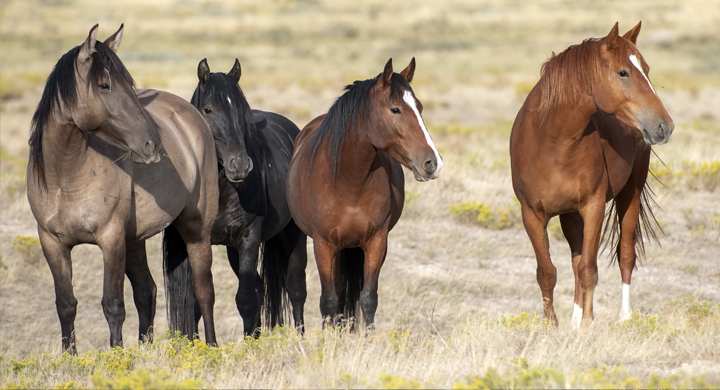1700004 - Technician-led Veterinary Care: Equine Primary Care
Course Description

Explore technician-led ambulatory veterinary practice in preventive, primary, triage, and urgent care for equine patients, emphasizing collaboration within the veterinary care team. Registered Veterinary Technicians (RVTs) are empowered to take the initiative in identifying and addressing the unique needs of horses, working closely with veterinarians and other professionals to ensure optimal outcomes.
Explore common challenges and activities in equine primary care, learning how to manage these while effectively enhancing leadership and communication skills. The course also covers the implementation of relationship-centered care, ensuring that the physical, emotional, and environmental well-being of both clients and equine patients is considered in every interaction.
Build a strong foundation in business management and advocacy, essential for supporting the economic success of an equine practice. Additionally, delve into best practices for maintaining accurate medical records, ensuring compliance with legal requirements, and fostering clear communication within the team. Learn to excel in your current role and be positioned as a key contributor to the evolving landscape of veterinary care and be ready to meet future demands and drive both clinical excellence and organizational success.
Learning Outcomes
Upon successful completion of this micro-credential, learners will be able to:
1. Discuss common activities, needs, and challenges in equine primary and emergency care in various settings, i and the role of the Registered Veterinary Technician in addressing them.
2. Evaluate and implement principles of business management, advocacy, and communication to support the economic success of the practice, provide effective treatment and client education strategies
3. Identify best practices for managing medical records and data to ensure accuracy, privacy, and compliance with regulations.
4. Articulate effective communication techniques with team members, trainers, and other stakeholders in the equine industry.
5. Develop strategies to implement preventative care principles into routine technician-led veterinary practice, considering the physical, emotional, and environmental well-being of horses and clients.
Technical Requirements
You are responsible for ensuring that your computer system meets the necessary system requirements. Use the browser check tool to ensure your browser settings are compatible and up to date (results will be displayed in a new browser window).
*Course details are subject to change.

